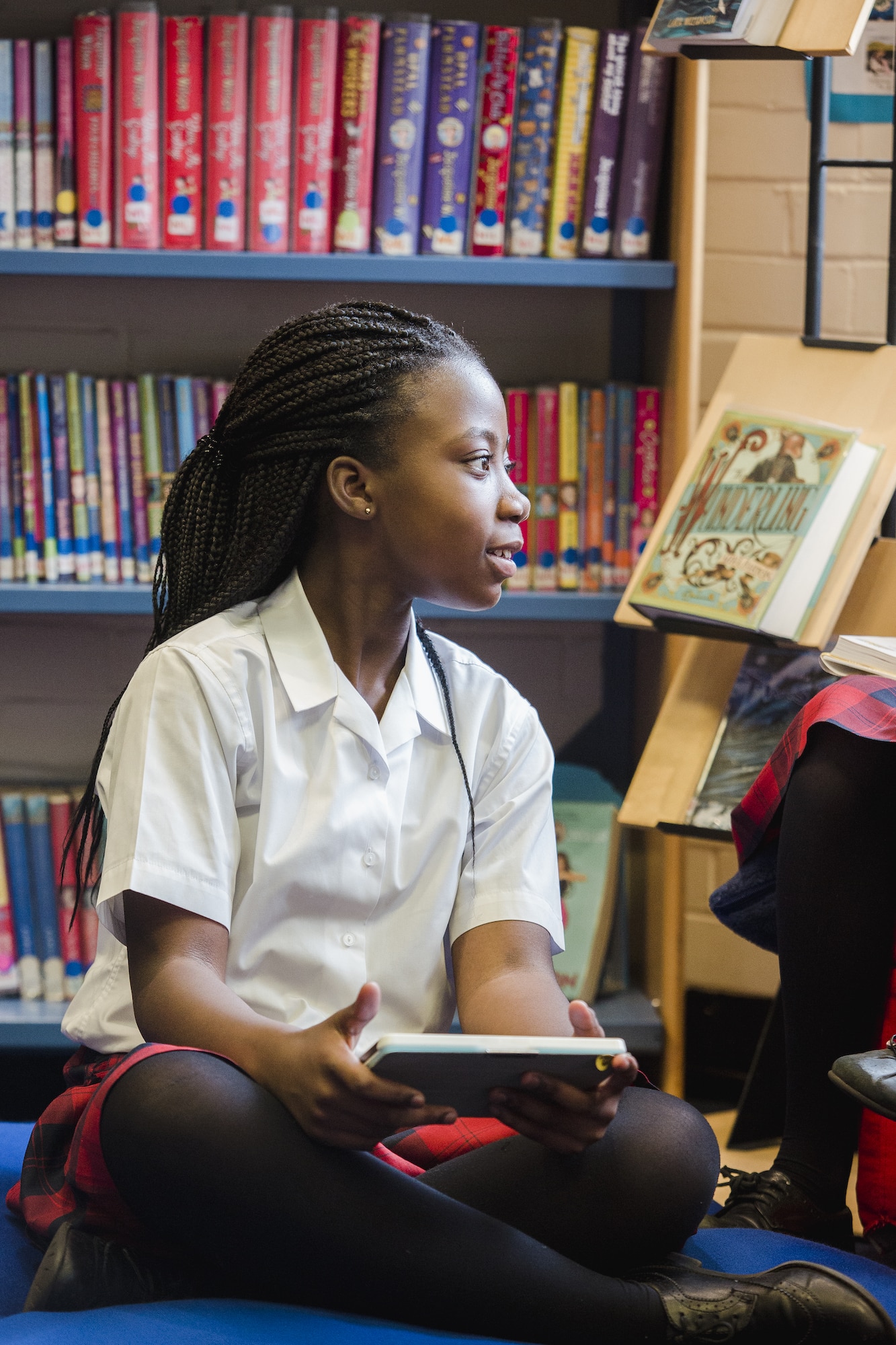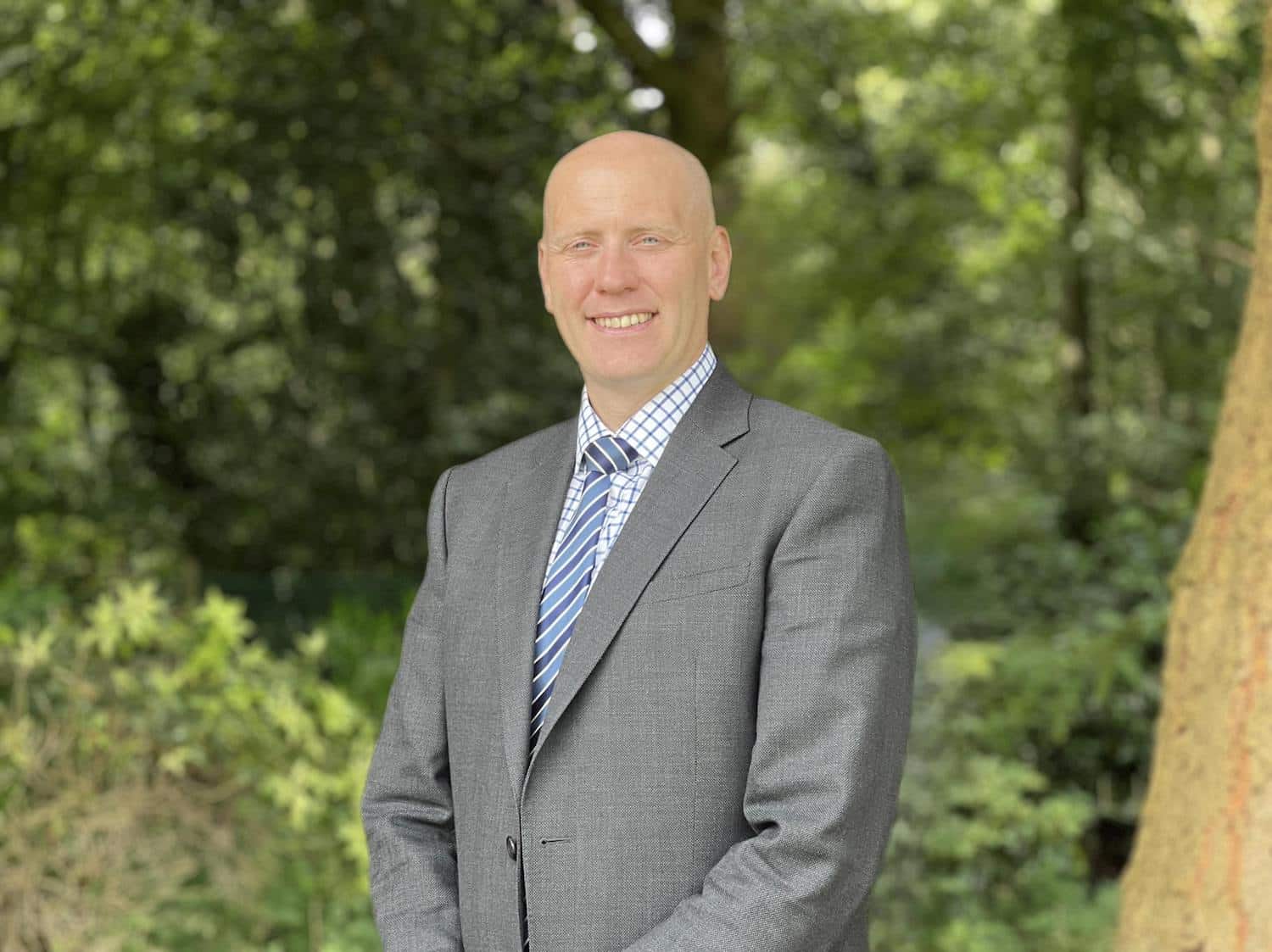You studied Ancient History at Durham, what drew you to that subject and what career path did you want to pursue when you decided on the course?
I wasn’t someone who went to university with a set plan about my future career, I just wanted to study something I enjoyed. I originally chose Classics at Durham because Latin had been my favourite subject at school. However, I quickly realised that Ancient Greek and Latin were not my strong suits, so I switched to Ancient History. I was fortunate to be taught by Malcolm Garden at SMC, who managed to make Latin a lot of fun.
How did you transition from studying history to a career in investment management?
By the time I finished university, I still had no real idea what I wanted to do for a job. I briefly considered becoming a chef (because I liked eating) or starting my own gin brand (because I enjoyed drinking gin), but I stumbled across investment management when I saw a graduate scheme aimed at Durham’s Classics department. It sounded interesting, so I took the old-fashioned route, writing letters to asset managers in Edinburgh and London, asking for a coffee with them to learn more. That led to some work experience and eventually a role at Adam & Company.
What was it like starting your career at Adam & Company and what were the biggest lessons you learned in those early years?
Starting my career at Adam & Company was fantastic. The people were knowledgeable and supportive and it was a great environment to help me navigate the steep learning curve of moving from an arts degree to the world of finance. It was a challenge, but I loved the experience.
How did your role evolve when you moved to Ruffer LLP and what did you enjoy most about working in investment management?
The biggest change for me was moving from Edinburgh to London, discovering a new city in my early 20s was exciting. Ruffer, like Adam & Company, was a brilliant place to develop my career, surrounded by smart people (I still wonder how I got in!). What I really enjoyed was the opportunity to get more exposure to clients, which was rewarding and gave me a sense of the impact of my work.
What inspired you to launch Finish & Feast and how did the idea come about?
I’ve always had an entrepreneurial itch and during the pandemic, I had a bit more time on my hands, so I started brainstorming business ideas. Around the same time, my close friend from university, who was working as a lawyer at Clifford Chance, decided he wanted to start a business too. We came up with Finish & Feast after trying out meal kits like HelloFresh and Gousto and realising there was a gap in the market for high-end, premium meal kits. We thought we could offer Michelin-starred food at home in a meal kit format.
What were the biggest challenges of running a high-end meal delivery service during the pandemic?
The biggest challenge was that neither my co-founder nor I had any experience in the food industry. But, strangely enough, the pandemic worked in our favour. It allowed us to launch quickly and with restaurants closed, demand surged as people were looking for new ways to enjoy food at home. We were selling out every week and we struggled to keep up with the demand, especially in the first six months.
Looking back, what do you think made Finish & Feast successful, and what ultimately led to its closure?
Our success in the early days came from a willingness to try new things, adapt quickly, and learn as we went along, plus a lot of hard work. I am still scarred by spending countless nights working in our warehouse to make sure deliveries went out on time! Unfortunately, the business model didn’t work as well post-Covid, but the experience of setting up a company and running my own business has been invaluable.
What was the biggest lesson you took from being a business owner?
Running a business, though stressful, is incredibly rewarding. I’d highly recommend it, there’s so much to learn by doing it yourself. If I had my time again, I’d probably start a business in a sector I understood better, but if you’re willing to work hard and deal with uncertainty, starting a business can be a lot of fun.
Moving from investment management and entrepreneurship to Chief of Staff at Hundle is quite a shift, what drew you to this role?
After Finish & Feast, I wanted to return to finance but in a smaller, more entrepreneurial firm. I also wanted a role that offered the same breadth of responsibility I had as a business founder. The Chief of Staff role at Hundle ticked all the boxes. It’s a varied role that spans operations, tech, marketing, sales, and strategic projects. Hundle is an investment firm that works with ultra-high-net-worth clients around the world, and my job is to ensure everything runs smoothly as the business expands.
What does your role at Hundle involve, and what are the biggest challenges and rewards?
My role is pretty varied, essentially, I’m the ‘right-hand’ person to the Managing Partner. My job changes day to day, so I need to be proactive and adaptable to get things done. It’s challenging but also rewarding because no two days are ever the same.
How different is working in a start-up environment compared to your previous experiences?
Hundle is a fast-growing, entrepreneurial company, so there are lots of similarities with the start-up environment I experienced with Finish & Feast. I’m working with a highly ambitious founder and a talented team, and there’s a lot of excitement and challenges that come with working in this type of dynamic setting.
What skills from investment management and running your own business have been most useful in your current role?
My background in investment management is helpful, as it gives me a strong understanding of our core business. The adaptability and work ethic I developed as a business owner also comes in handy at Hundle, where being flexible and moving quickly are essential.
Looking back, how did your time at ESMS shape your career path?
ESMS gave me a lot of confidence and self-belief, which played a big role in my decision to take a gamble and start my own business. It also gave a me a great network of friends who have been supportive during both the high and low points of my career.
What advice would you give to current students who are unsure about what career path to take?
Try as many things as you can and speak to as many people as possible. It’s tough to know what a job is really like until you’ve experienced it yourself, so work experience is key. Also, don’t stress too much about your first job. Most people change paths a few times before they find something that works for them.
If you could go back and give advice to your younger self at the start of your career, what would it be?
I’d tell myself to start my own business sooner. It’s a lot easier to take risks and experiment when you don’t have responsibilities like children or a mortgage!
What is your favourite memory of your time at school?
Some of my happiest memories are playing rugby at Inverleith on a Saturday morning. It’s a special place to play rugby, even on a freezing January morning.
Outside of work, what do you enjoy doing in your free time?
I have a one-year-old daughter, so most of my free time is spent at soft play centres and swimming pools! That said, I still try to squeeze in a bit of tennis and running and catching up with friends.
Have any hobbies or interests from school stayed with you into adulthood?
Definitely sports, particularly rugby. It’s something I’ve carried through to adulthood, although these days I spend much more time watching it than playing it.
What’s next for you, do you see yourself staying in start-ups, or even launching another business in the future?
Who knows! I’m very lucky to have an interesting job in a fantastic city. I’ve always wanted to live outside of the UK, so that might be an opportunity in the future. As for launching another business… I’m not sure my wife would forgive me just yet but never say never!






